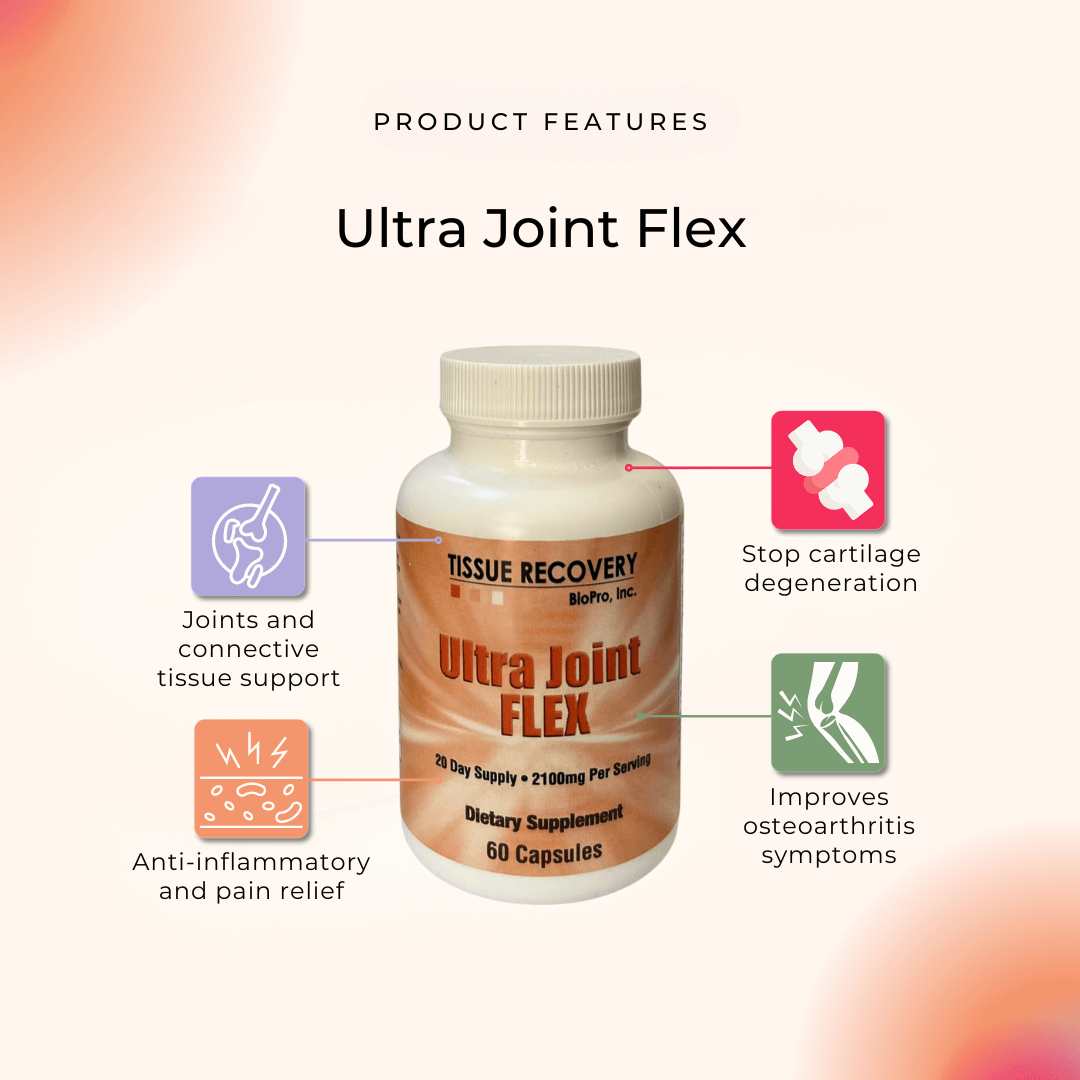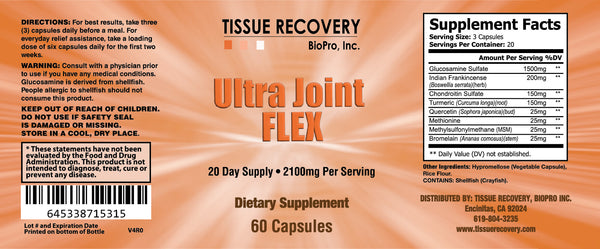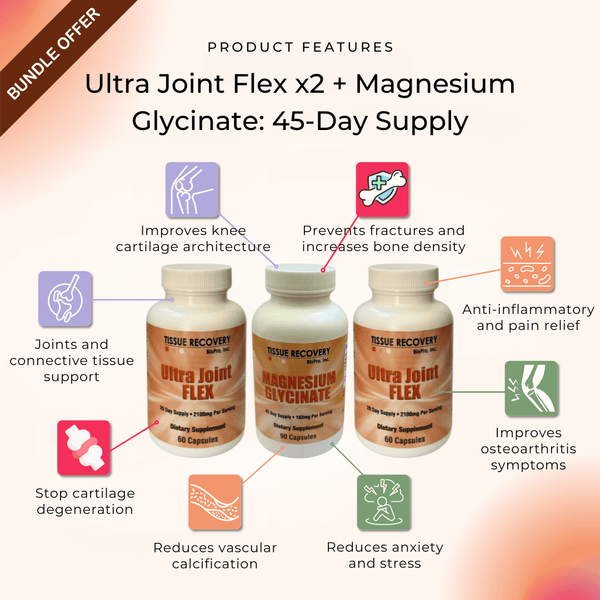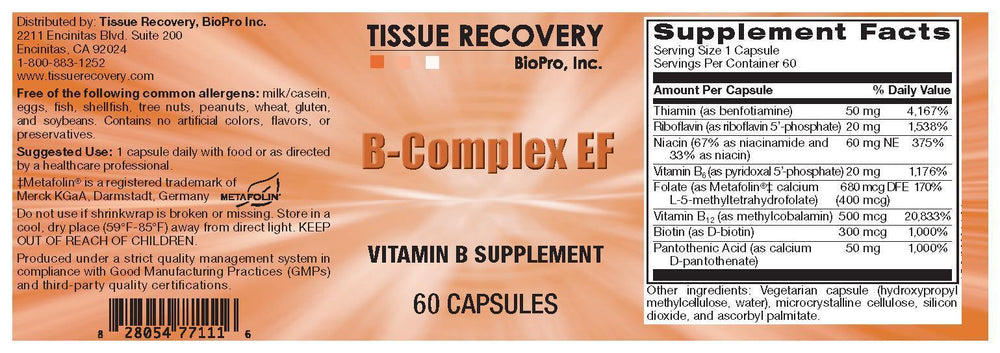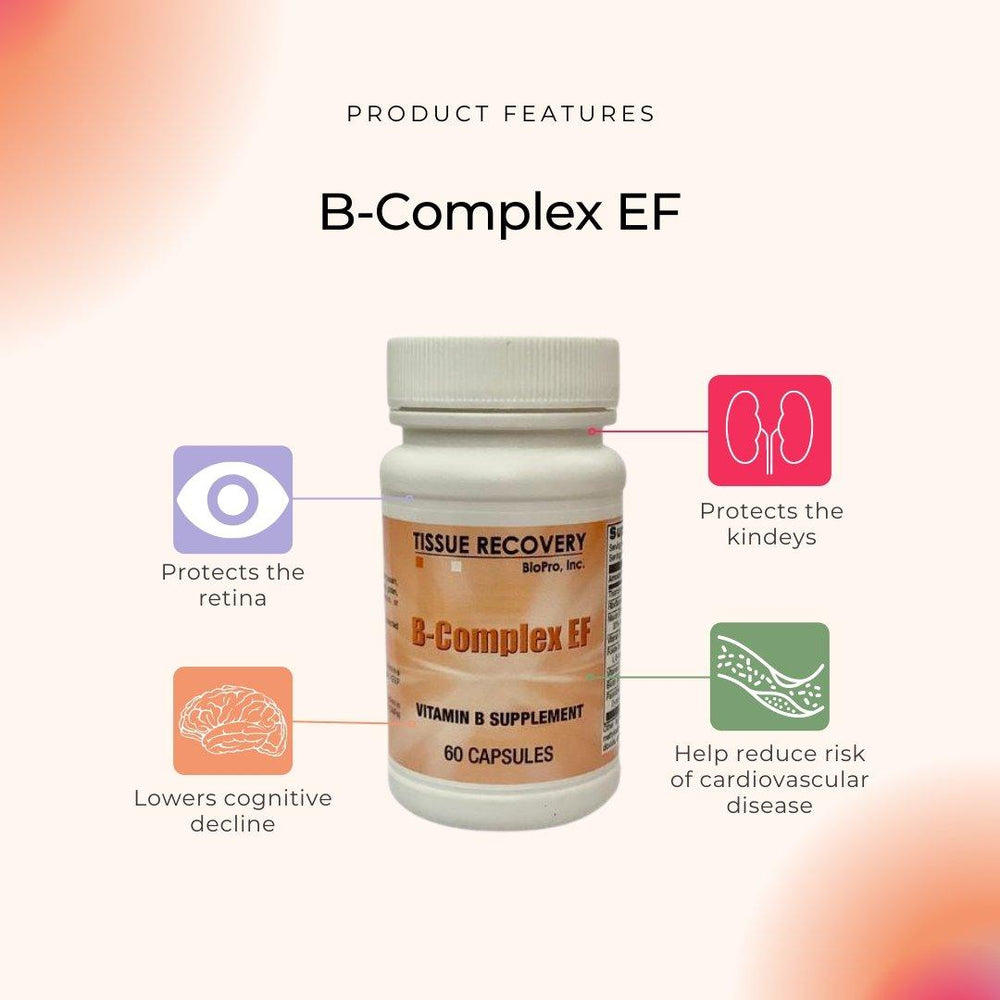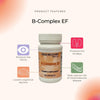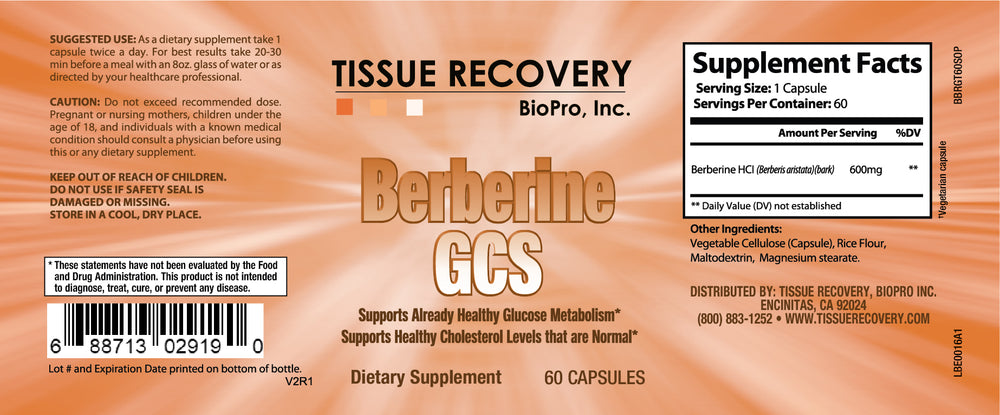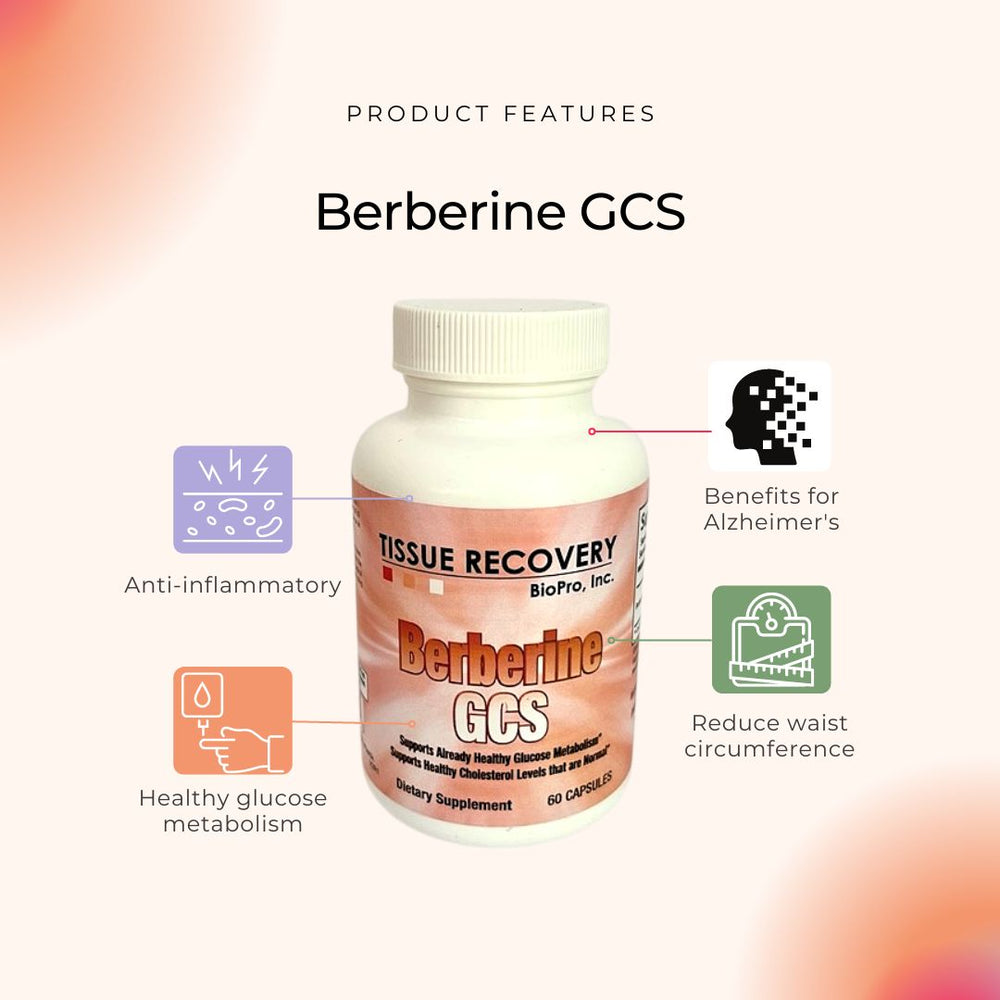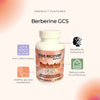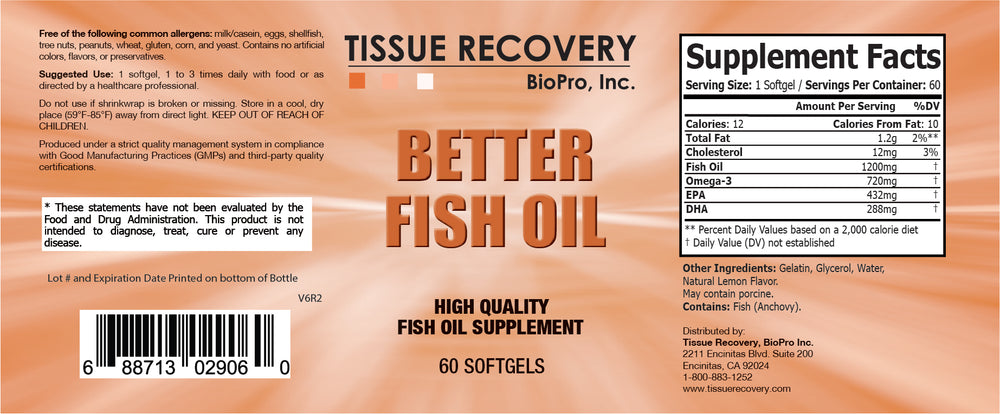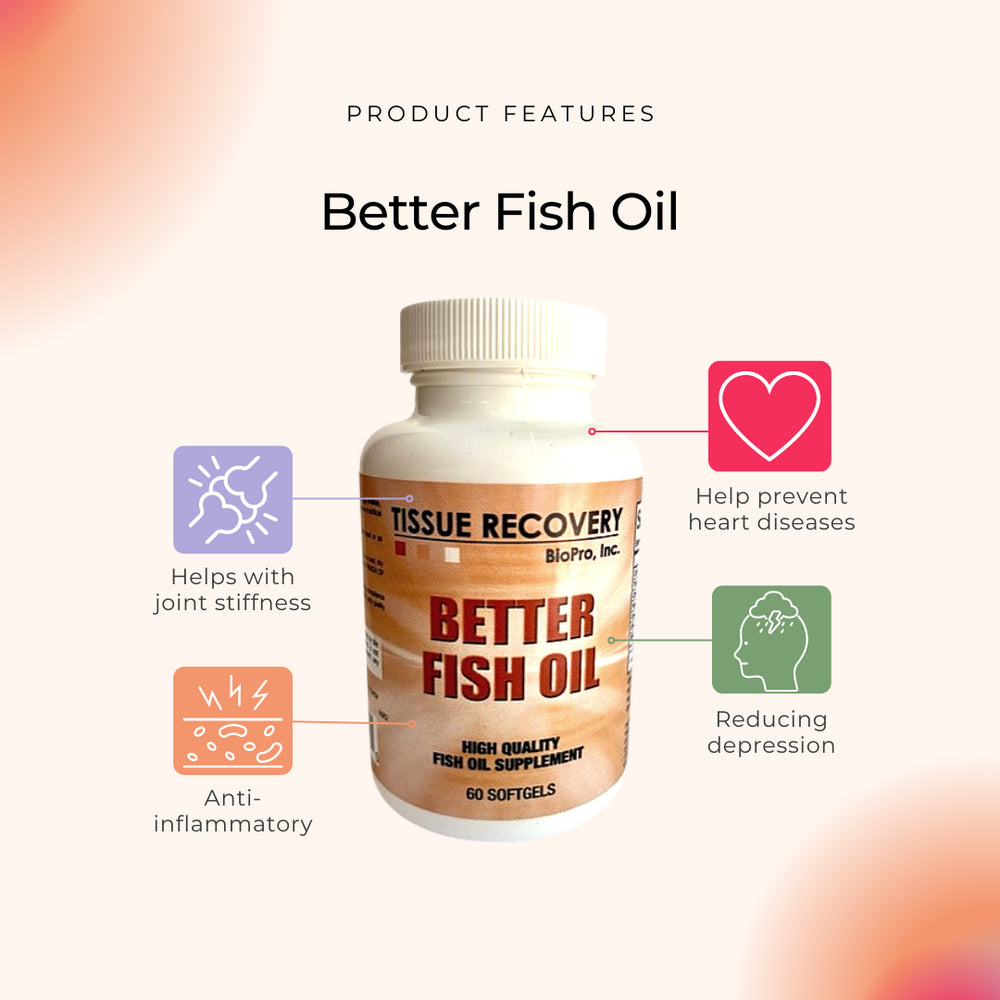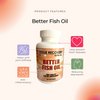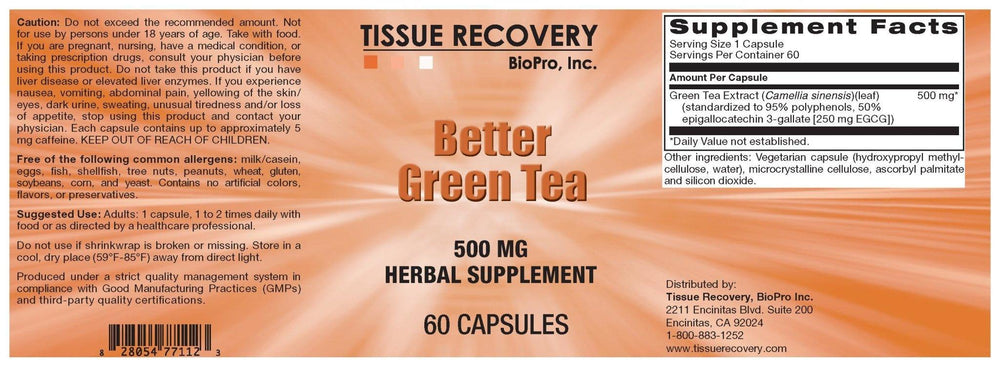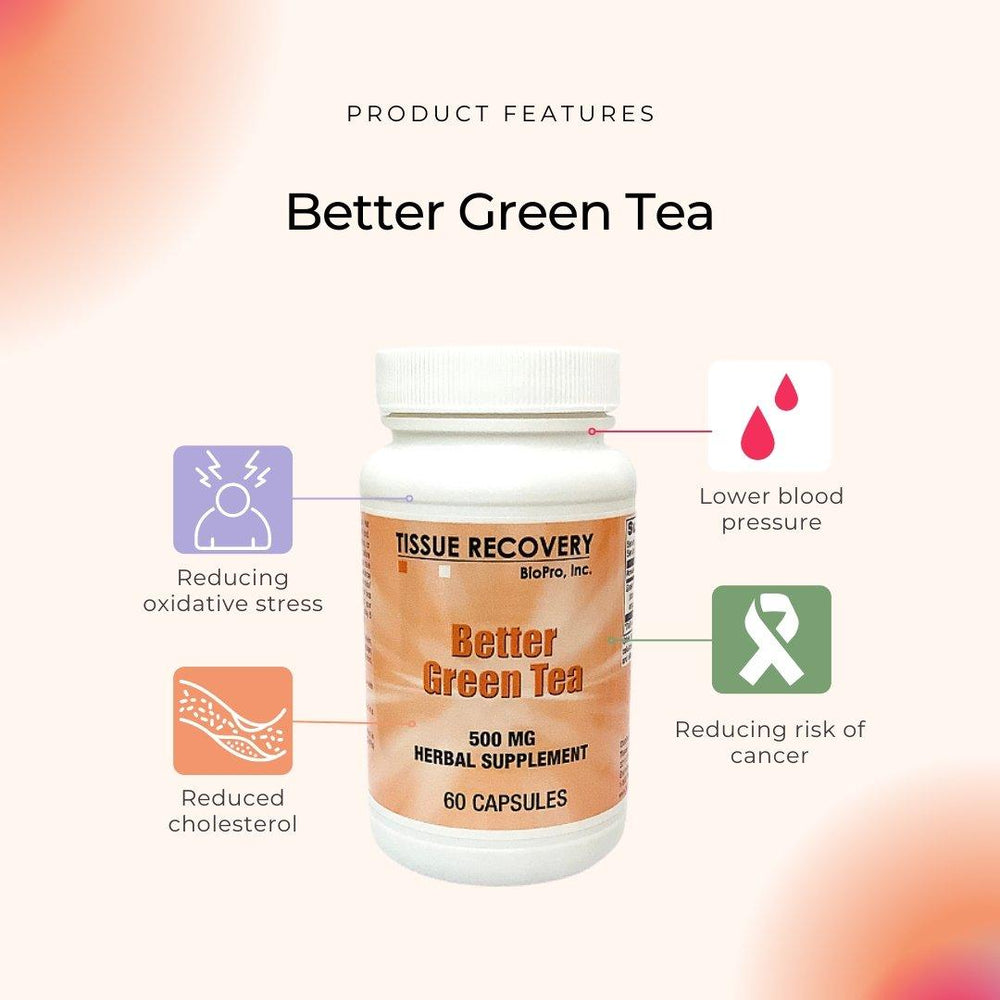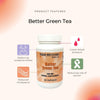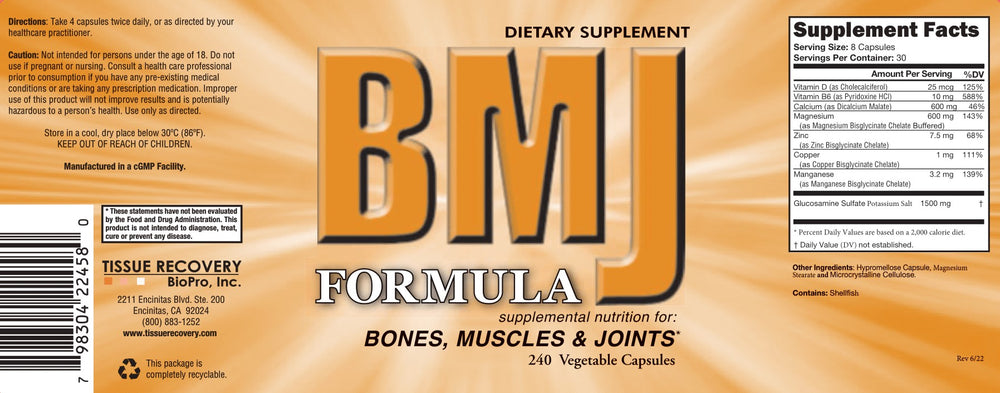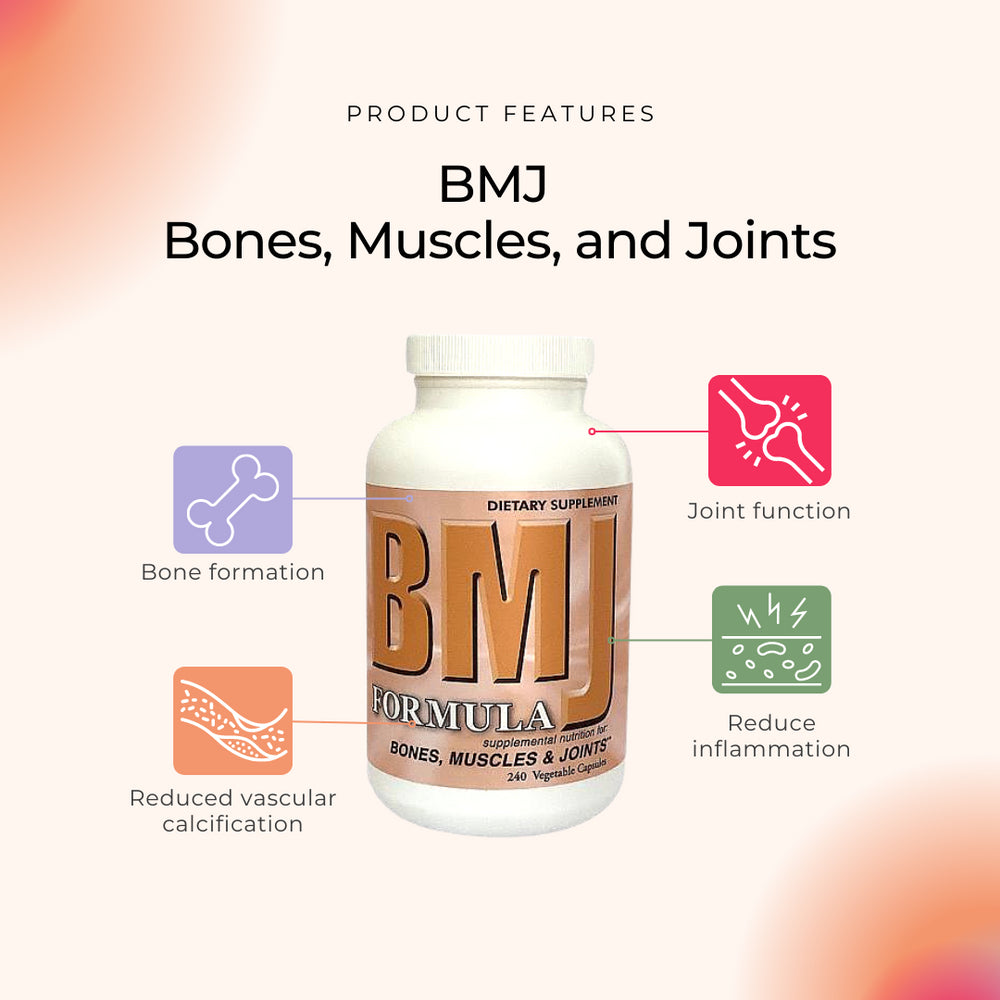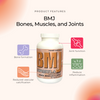Ultra Joint Flex: Joints and Connective Tissue Support
Glucosamine Sulfate, Chondroitin, Turmeric, Boswellia, MSM, Quercetin
BioPro, Inc. and TissueRecovery have closed. What's next?
We have replaced the BMJ with two new formulas.
The “Ultra Joint Flex” for joint and connective tissue support and the “Magnesium Glycinate” which supports joint cartilage, and bone, reduces the risk for vascular calcification, and helps prevent magnesium deficiencies common with anxiety and stress.
We recommend taking these formulas together for the best results, and we created a bundle with two Ultra Joint Flex and one Magnesium Glycinate. This will last 45 days when taken as recommended and save you money.
An easy way to effectively support joints and connective tissue.
We use the original form of glucosamine, glucosamine sulfate, because this formulation was used in the research documenting good results.
Two studies conducted over three years by different research groups documented that cartilage degeneration stopped in the treatment group taking glucosamine sulfate while the control group experienced further degeneration (Reginster JY, et al. 2001, Pavelka K, et al. 2002).
Research has documented that glucosamine sulfate supplies cartilage with building materials. Glucosamine sulfate caused a significant stimulation of proteoglycan production by chondrocytes (cartilage cells) in samples obtained from human osteoarthritic cartilage (Basleer C, et al, 1998).
It has also been demonstrated that treatment of osteoarthritic chondrocytes with glucosamine sulfate resulted in an increased cell-mediated GAG (glycosaminoglycan’s) content (Dodge GR, Jimenez SA, 2003). GAG is a common building block both for cartilage, ligaments, and tendons.
Glucosamine sulfate has been found to inhibit gene expression of COX-2 an inflammatory cytokine, and also inhibit PGE2 a pain-producing prostaglandin (Largo R, et al. 2003).
Chondroitin (alone or in combination with glucosamine) was better than placebo in improving pain in participants with osteoarthritis in short-term studies (Singh JA, et.al.2015).
Supplement Facts (Per Serving of 3 Capsules):
- Glucosamine Sulfate: 1500 mg
- Indian Frankincense (Boswellia serrata): 200 mg
- Chondroitin Sulfate: 150 mg
- Turmeric (Curcuma longa): 150 mg
- Quercetin (Sophora japonica): 25 mg
- Methionine: 25 mg
- Methylsulfonylmethane (MSM): 25 mg
- Bromelain (Ananas comosus): 25 mg
- Other Ingredients: Hypromellose (vegetable capsule), rice flour.
Directions for Use:
- For best results, take three capsules daily before a meal.
- For everyday relief assistance, a loading dose of six capsules daily for the first two weeks is recommended.
Warnings:
- Consult a physician prior to use if you have any medical conditions.
- People allergic to shellfish should not consume this product as glucosamine is derived from shellfish.
- Keep out of reach of children and do not use if the safety seal is damaged or missing.
Storage Instructions:
- Store in a cool, dry place.
Magnesium Glycinate
Increased magnesium intake is associated with better knee cartilage architecture (Veronese N, et.al., 2019).
Magnesium has shown to prevent fractures and increase bone density (Sojka JE, Weaver CM. 1995, Stendig-Lindberg G, et al. 1993).
Research has documented that increasing magnesium levels significantly reduced vascular calcification (Louvet L, et al. 2013, Hruby A, et al. 2014).
Anxiety and stress have been associated with magnesium deficiencies (Grases G, et.al., 2006, Cernak I, et.al., 2000).
References:
Bassleer C, Rovati L, Franchimont P. Stimulation of proteoglycan production by glucosamine sulfate in chondrocytes isolated from human osteoarthritic articular cartilage in vitro. Osteoarthritis Cartilage. 1998 Nov;6(6):427-34.
Dodge GR, Jimenez SA. Glucosamine sulfate modulates the levels of aggrecan and matrix metalloproteinase-3 synthesized by cultured human osteoarthritis articular chondrocytes. Osteoarthritis Cartilage. 2003 Jun;11(6):424-32.
Singh JA, Noorbaloochi S, MacDonald R, Maxwell LJ. Chondroitin for osteoarthritis. Cochrane Database Syst Rev. 2015 Jan 28;1(1):CD005614.
Largo R, Alvarez-Soria MA, Díez-Ortego I, Calvo E, Sánchez-Pernaute O, Egido J, Herrero-Beaumont G. Glucosamine inhibits IL-1beta-induced NFkappaB activation in human osteoarthritic chondrocytes. Osteoarthritis Cartilage. 2003 Apr;11(4):290-8.
Pavelká K, Gatterová J, Olejarová M, Machacek S, Giacovelli G, Rovati LC. Glucosamine sulfate use and delay of progression of knee osteoarthritis: a 3-year, randomized, placebo-controlled, double-blind study. Arch Intern Med. 2002 Oct 14;162(18):2113-23.
Reginster JY, Deroisy R, Rovati LC, Lee RL, Lejeune E, Bruyere O, Giacovelli G, Henrotin Y, Dacre JE, Gossett C. Long-term effects of glucosamine sulphate on osteoarthritis progression: a randomised, placebo-controlled clinical trial. Lancet. 2001 Jan 27;357(9252):251-6.
Cernak I, Savic V, Kotur J, Prokic V, Kuljic B, Grbovic D, Veljovic M. Alterations in magnesium and oxidative status during chronic emotional stress. Magnes Res. 2000 Mar;13(1):29-36.
Grases G, Pérez-Castelló JA, Sanchis P, Casero A, Perelló J, Isern B, Rigo E, Grases F. Anxiety and stress among science students. Study of calcium and magnesium alterations. Magnes Res. 2006 Jun;19(2):102-6.
Hruby A, O'Donnell CJ, Jacques PF, Meigs JB, Hoffmann U, McKeown NM. Magnesium intake is inversely associated with coronary artery calcification: the Framingham Heart Study. JACC Cardiovasc Imaging. 2014 Jan;7(1):59-69.
Louvet L, Büchel J, Steppan S, Passlick-Deetjen J, Massy ZA. Magnesium prevents phosphate-induced calcification in human aortic vascular smooth muscle cells. Nephrol Dial Transplant. 2013 Apr;28(4):869-78.
Veronese N, La Tegola L, Caruso MG, Maggi S, Guglielmi G. The Association between Dietary Magnesium Intake and Magnetic Resonance Parameters for Knee Osteoarthritis. Nutrients. 2019 Jun 20;11(6):1387.
Sojka JE, Weaver CM. Magnesium supplementation and osteoporosis. Nutr Rev. 1995 Mar;53(3):71-4.
Stendig-Lindberg G, Tepper R, Leichter I. Trabecular bone density in a two year controlled trial of peroral magnesium in osteoporosis. Magnes Res. 1993 Jun;6(2):155-63.



